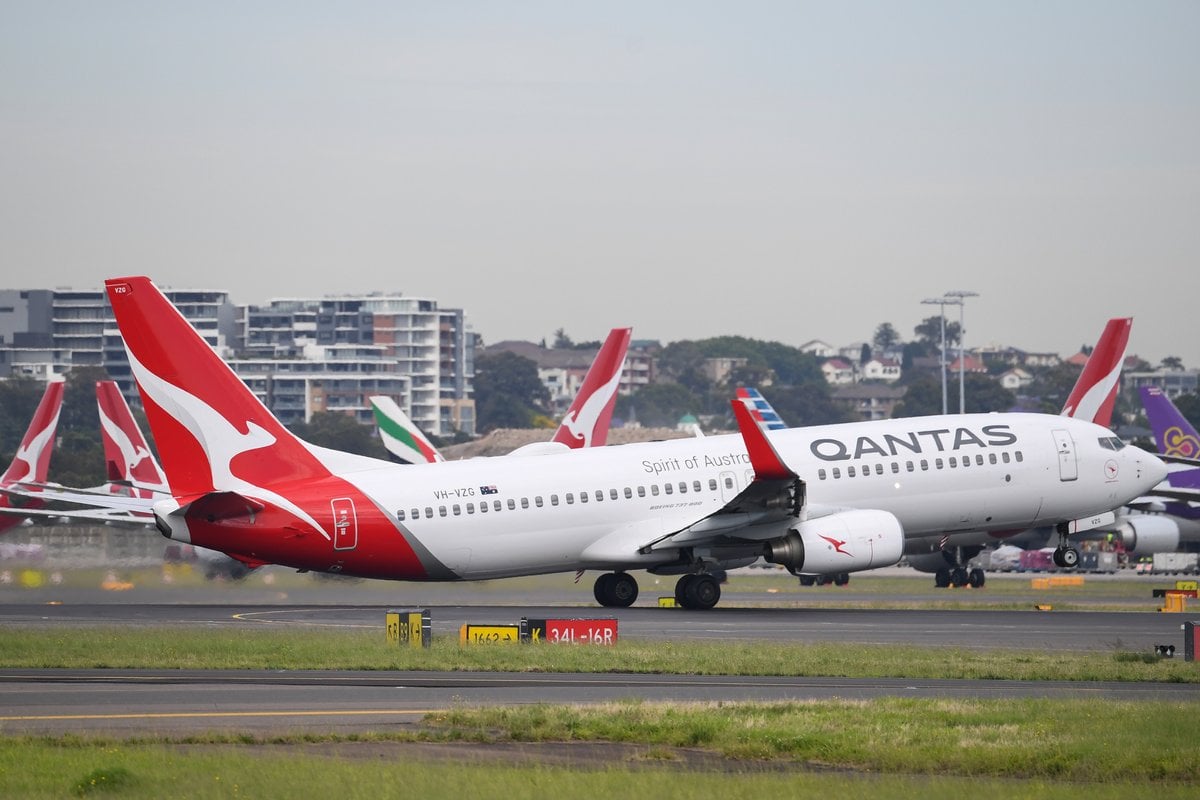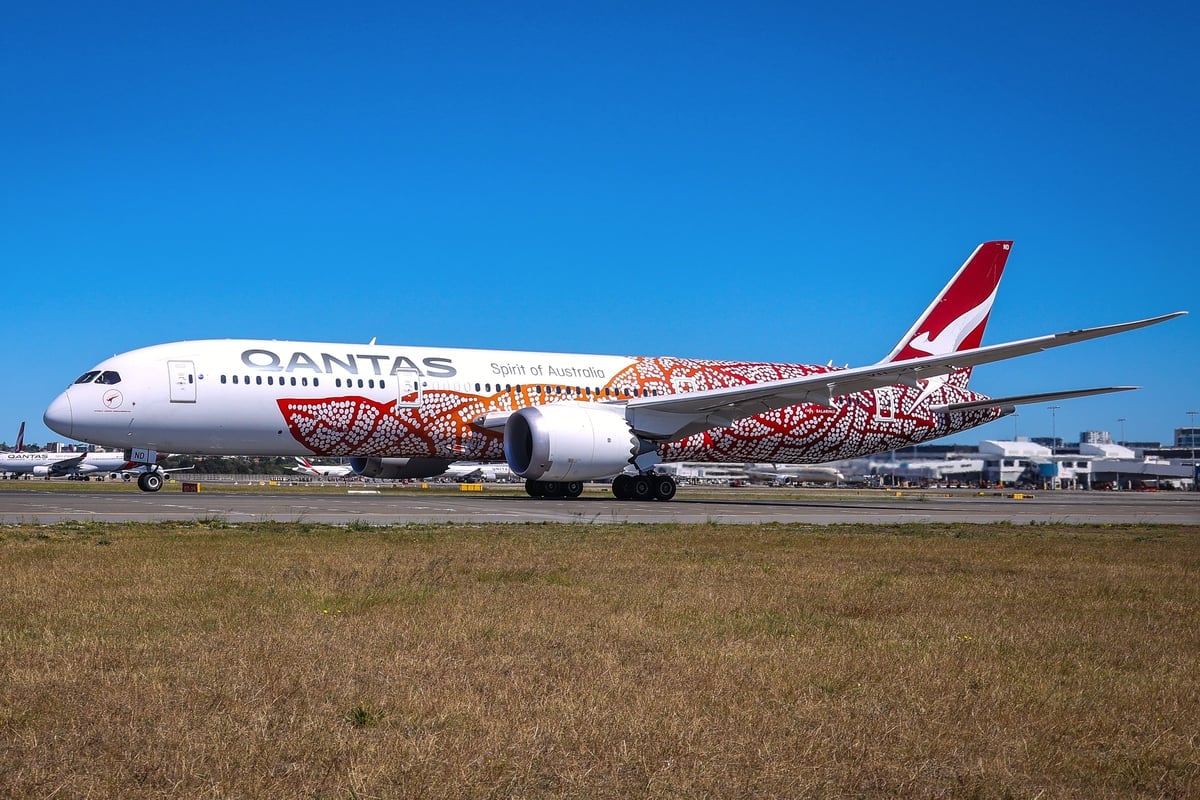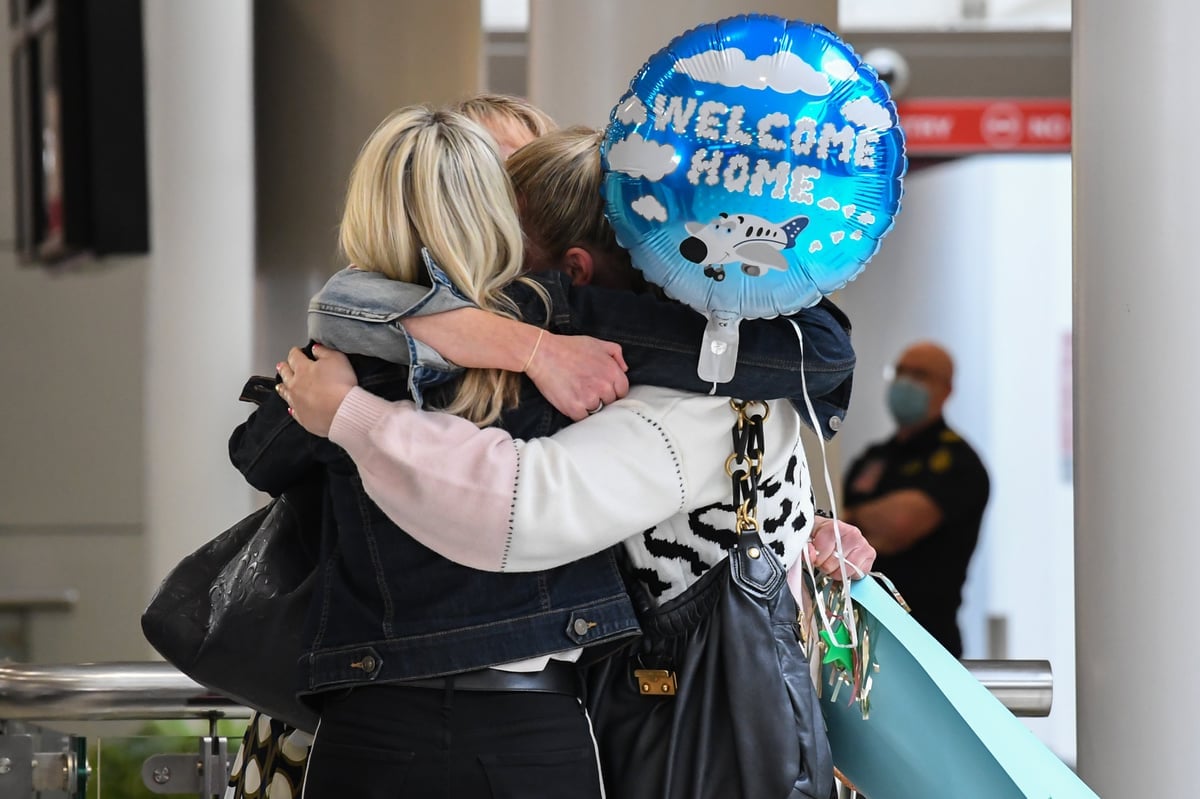
Beyond our borders, the world is grappling with COVID-19 at levels never seen before in Australia.
According to Johns Hopkins University, there were 490,000 new cases of coronavirus around the world on Sunday, November 22. In Australia on the same day, there were 15 cases - all in hotel quarantine.
It's taken a lot of hard work and sacrifice to get to this point, but for many of us, things have started to look a lot like our pre-COVID lives - with added caution, of course.
Watch: Qantas CEO Alan Joyce on A Current Affair. Post continues below video.
This has meant we've once again started to ask the question: When will we be able to travel again?
As a melting pot of cultures and immigrants, and with gap years being a rite of passage for many young Australians, travel has long been a common part of our lives down here at the bottom of the world.
So... when can we find ourselves carrying our passports aboard the flying kangaroo again, and what the heck will it look like?
Here is what we might expect.
Vaccinations.
Speaking on A Current Affair on Monday, Qantas CEO Alan Joyce said the airline will likely require international passengers to prove they have been vaccinated against COVID-19 before boarding their flight.


